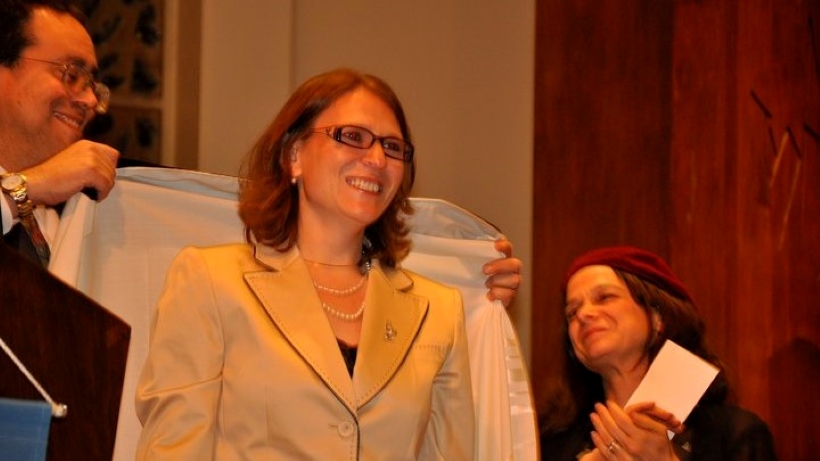When I was ordained, I found out some interesting news. After 25 years in the rabbinate, you could receive an honorary doctorate. Why? Because that long in the field allows for a certain level of expertise and dedication of service. I also view this opportunity as a reminder that as a leader, I’m always learning and growing in my position. The day I was ordained was also the day when I realized how very little I knew about being a rabbi. It felt akin to the day our firstborn child came into the world, and we realized we had no clue what to do next.

In so many aspects of our lives, we’re able to grow, change, and even learn and adapt on the fly. In some cases, there might be a title (including an honorary one) that goes along with it, but that honorific comes from putting in the time, the work, and the connection to make it so.
As we begin the fourth book of the Torah with this week’s portion of the same name, Bamidbar, the Israelites are well-established on their desert journey, and the groundwork for the structure of their future has been laid. Army leaders are appointed to lead alongside Moses and Aaron, a census is taken of the people, and we learn that the camps are situated in a specific order, each with a flag in the center that tells us which tribe is there. The time spent in Egypt is a distant memory at this point.
As the Levites take on their new positions and Moses and Aaron continue to grow as leaders, we learn about the various chief officers and what their jobs are. Each person had a specific purpose to fulfill, and there was an expectation that their work would be completed. With the in-depth list of duties comes the notion that there are no honorary titles in the Torah. In other words, your position is what you do, not a gratuitous rank to add to your curriculum vitae. If you hold the title of chief, then you must continue to do the work of a chief.
The act of serving God cannot be honorary; it must be done with the fullness of heart and soul. To this day, Jewish tradition is filled with ritual actions rather than prayer alone. It’s through fulfilling these traditions that we find purpose in what we do and what we believe.



